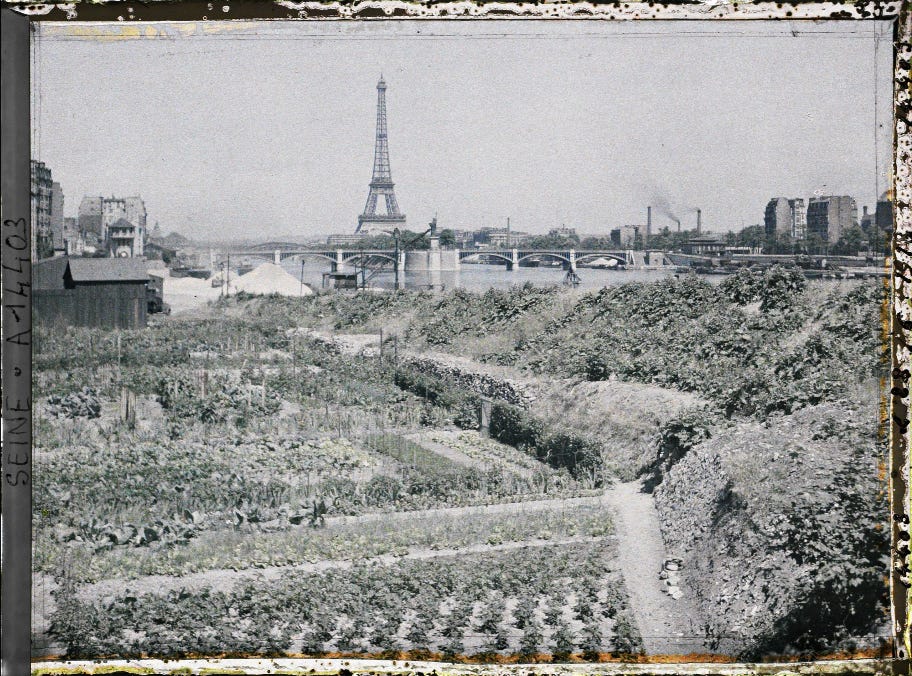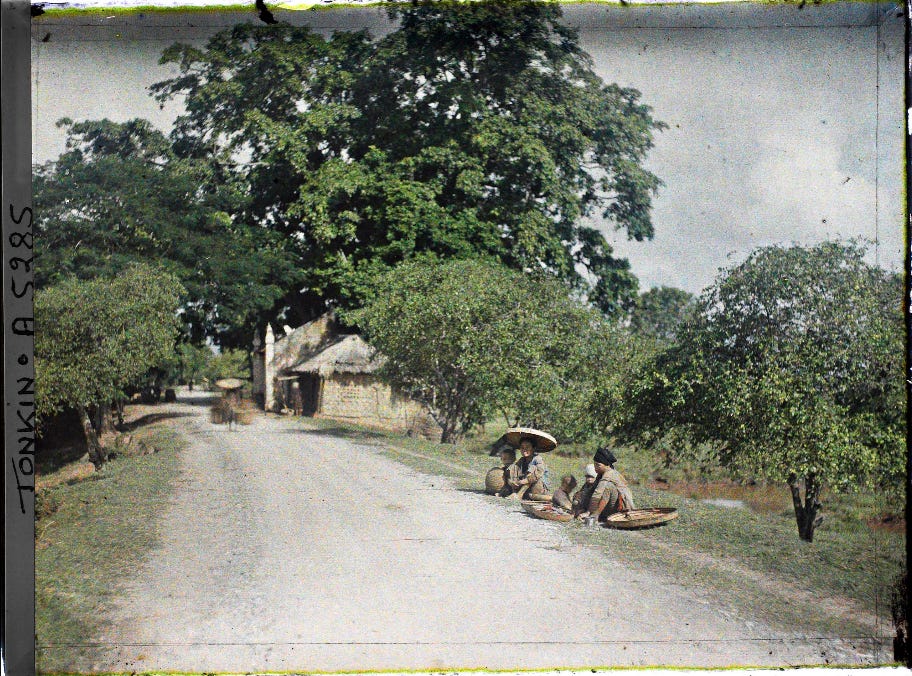
Existential risk studies look at events that have the chance of either ending humanity or its potential (for example, by locking us in an eternal pre-industrial state). These kinds of events can vary wildly. Humanity could be wiped out by nuclear war, a pandemic, a supervolcanic eruption and a variety of other causes. Those events need knowledge from all kinds of fields, ranging from geology to medicine.

I want to try something different with this post here. The post is actually a conference paper for the Stanford Existential Risk Conference in April. I publish it both here and as a preprint to test if I can get more feedback for it this way.

Some time ago I came across the potato famine and how it contributed or even caused the revolutions of 1848. I wondered if this is an good example to show how cascading failures lead societal crisis. Starting from a natural event to an agricultural crisis, to an economic crisis, to a financial crisis and finally resulting in a political crisis.

“Man exists. For him, it is not a question of wondering whether his presence in the world is useful, whether life is worth the trouble of being lived. These questions make no sense. It is a matter of knowing whether he wants to live and under what condition.” Simone de Beauvoir despises fascism. She despises oppressors in general and collaborators in particular.

The prospect of a famine-free world hinges on improved governance and peace. It is as simple - or as difficult - as that. Cormac Ó Gráda Sometimes it happens that you are vaguely aware of a person and you know they coined a term and then by some random chance you come across evidence that this person effectively made the world just much worse.

Almost all researchers use “gap-spotting”, a process that only creates boring research questions It usually does not happen that I read through a non-fiction book in two days, but I could not put this one down. In the recent months, I noticed that one thing that I have to improve to become a better researcher is to come up with more and better research questions.

How warm will it get? This question is probably on the mind of every person dealing with the issue of climate change. It is so important because all other consequences of climate change depend on it. The less the earth warms, the better mankind will cope with it. In the following, I will deal with this question and its implications.

“ How do we know there is such a thing as a long-term version of our kind of civilization? ” Adam Frank Summary Given some basic assumptions about how planets and civilizations’ energy use interact, we can create a model that shows that it is likely that most or even all exo-civilizations run into their own version of an Anthropocene.

Diversity is important. Not only inherently, but instrumentally as well. Based on ideas from the book “Why Trust Science?” by science historian Naomi Oreskes this post argues for increased diversity as a chance to produce more reliable knowledge. The main argument is that a more diverse community has more diverse perspectives on any given topic.

End of an age Why do civilizations collapse? For some civilizational collapses in the past there is one striking event that leads to a quick end, like environmental damage for the people on the Easter Islands.
